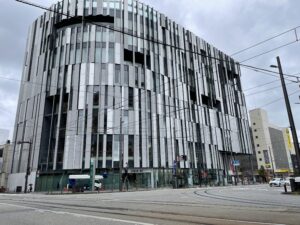
 Japan visit
Japan visit Lake Akan at Teshikaga : Akan Mashu National Park
Lake Akan Pleasure BoatA sightseeing boat cruise is a classic activity that allows you to fully experience thecharms of ...
 Japan visit
Japan visit Natural Heritage, National Parks and Historical sights in Kushiro
Kushiro Marsh National Park is made up of gently sloping hills surrounding Japan'slargest marshland, which embraces the ...
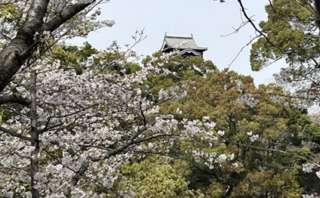 Japan visit
Japan visit Kumamoto Castle
Kumamoto Castle is known as one of the three most famous castles in Japan. It is also known as Ginkgo Castle, and was bu...
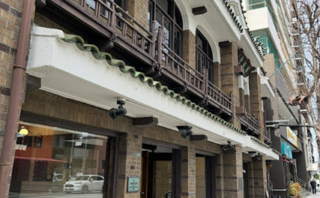 Japan visit
Japan visit Nagasaki Jiro Bookstore in Kumamoto City area
Nagasaki Jiro Bookstore is a two-story wooden building with brick exterior walls. Its distinctive features include a roo...
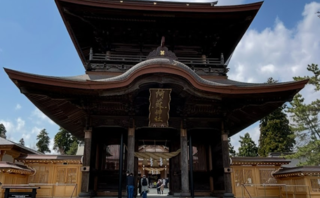 Japan visit
Japan visit Historical Buildings and Architecture in Aso City
Aso Shrine is located in Ichinomiya, at the northern foot of Mount Aso. It is said to have been founded over 2,000 years...
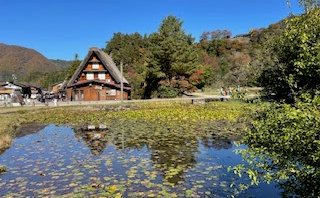 Japan visit
Japan visit Shirakawa-go Wada Residence
This is one of the largest gassho-style houses in Shirakawa-go, and the only onedesignated as an Important Cultural Prop...
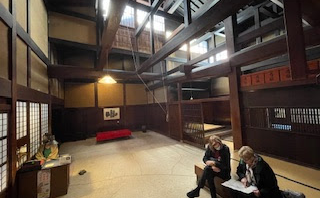 Japan visit
Japan visit Yoshijima Family Residence in Takayama
It is a 15-minute walk from JR Takayama Station. Originally the residence of awealthy merchant who ran a sake brewery, t...
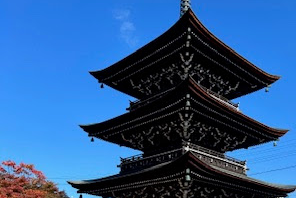 Japan visit
Japan visit Io-zan Hida Kokubunnji in Takayama
A small, historic Buddhist temple known for its rows of Buddha statues and theancient ginkgo tree in its grounds.While m...
 Japan visit
Japan visit Historical Buildings and Architecture in Nagano City, Suzaka and Obuse City 2024/9/23,24
Patio Daimon Near the southern approach to Nagano City’s Zenkoji Temple is a collection of earthen-walled storehouses. T...
 Japan visit
Japan visit Shimonoseki city
Former Shimonoseki British Consulate This building, which incorporates the Queen Anne style developed in England in the ...